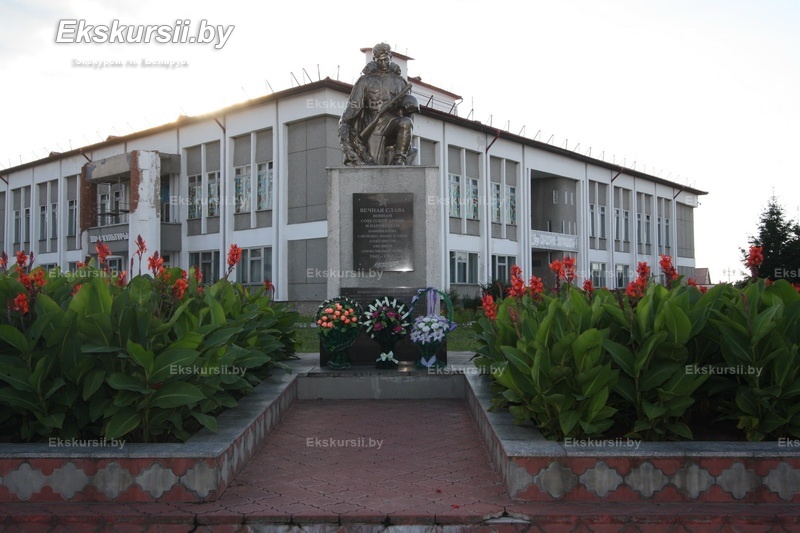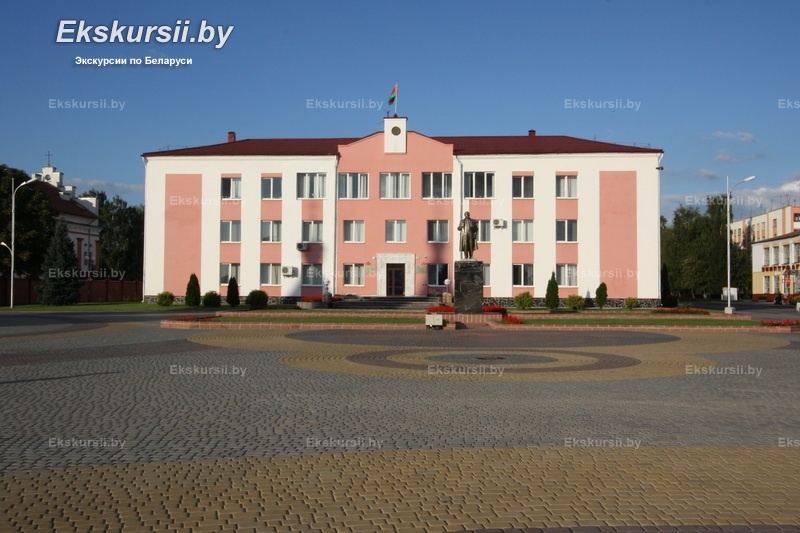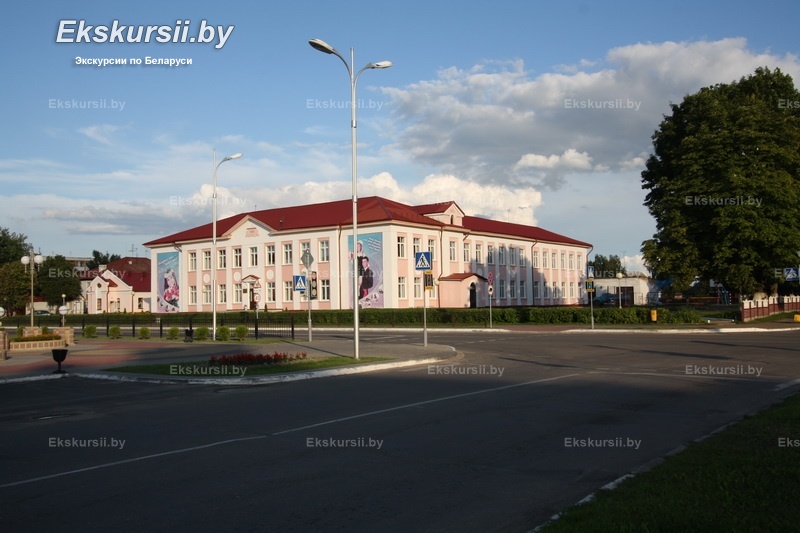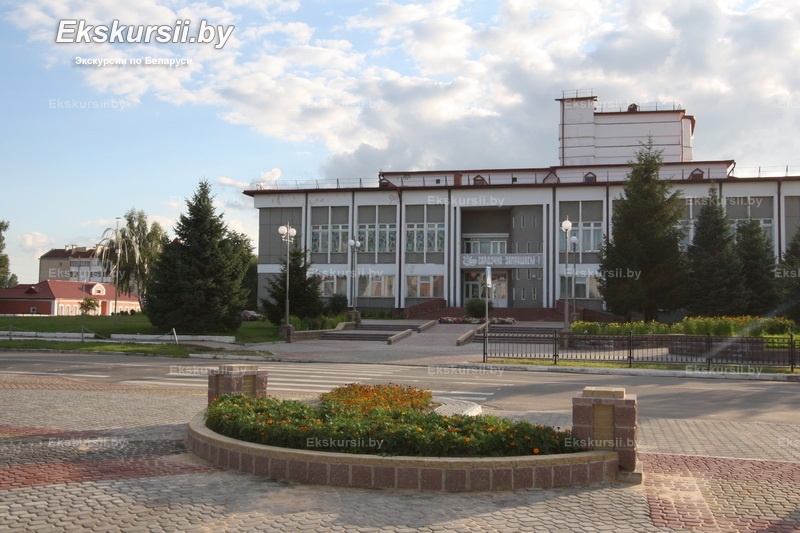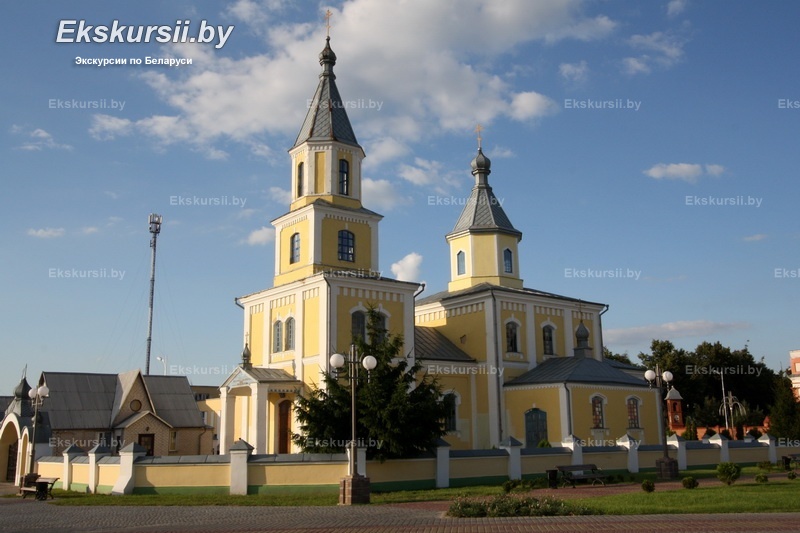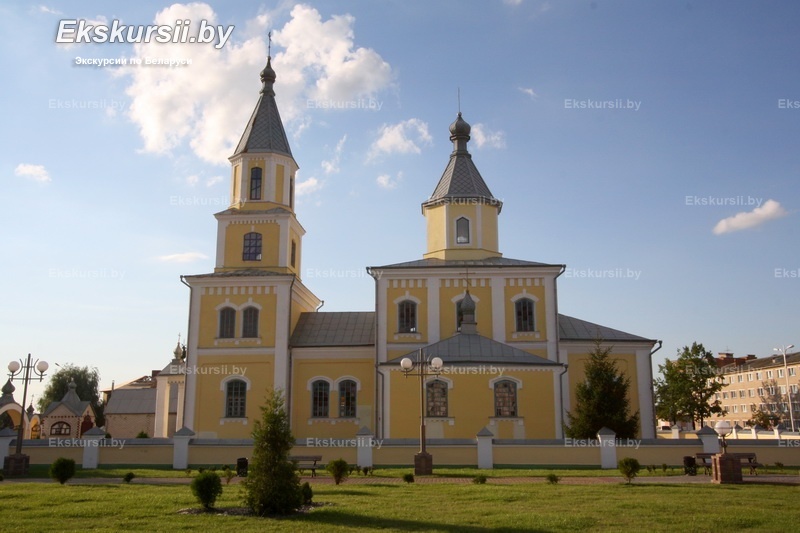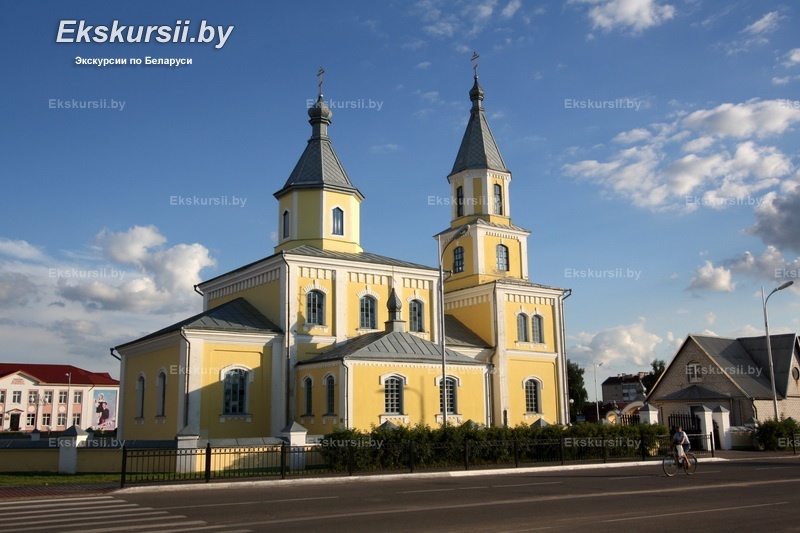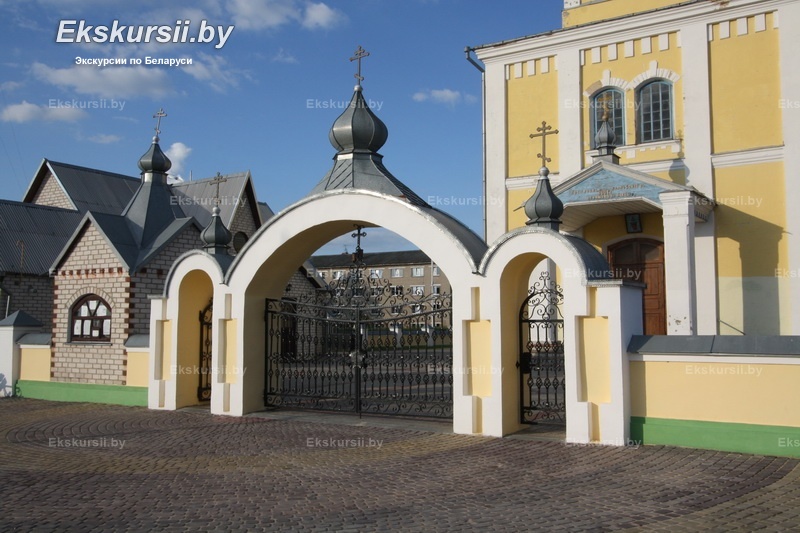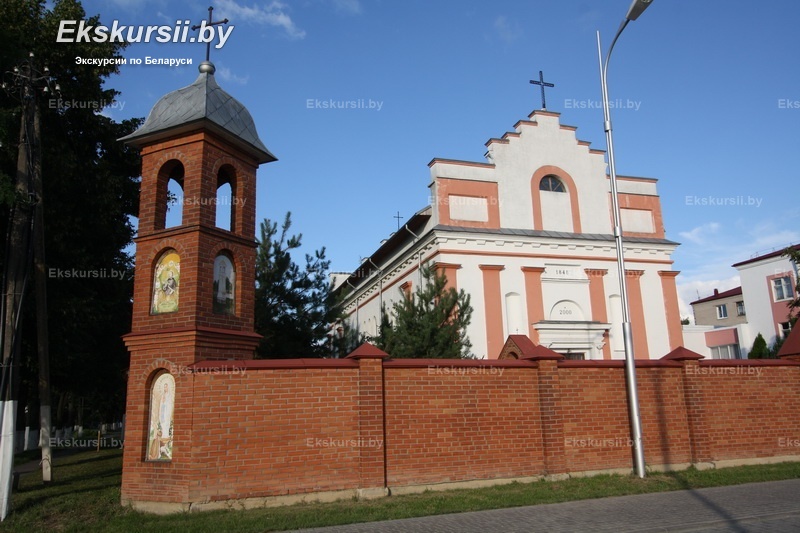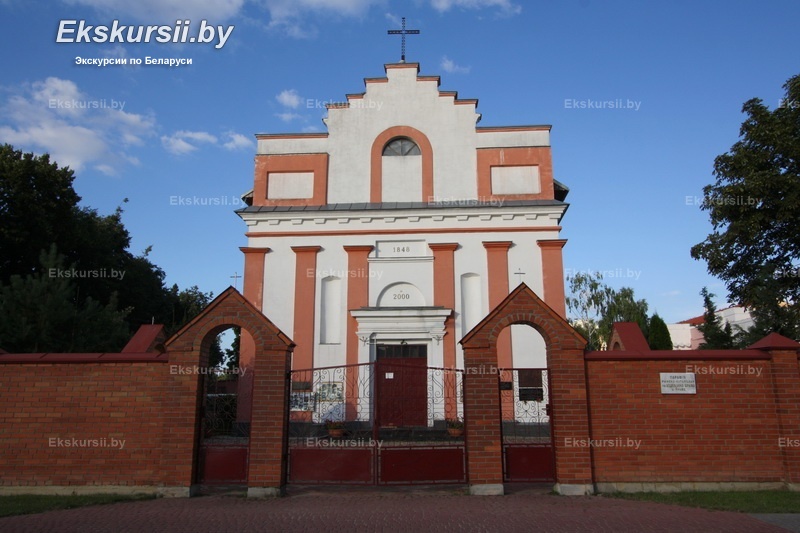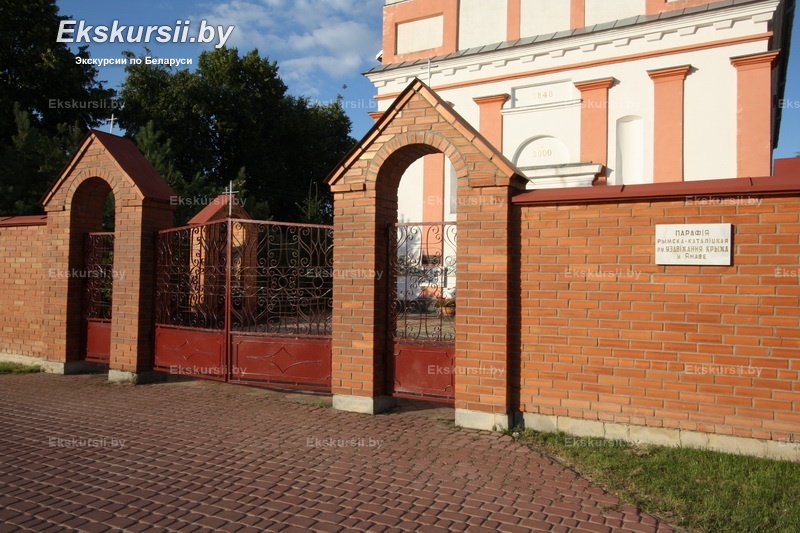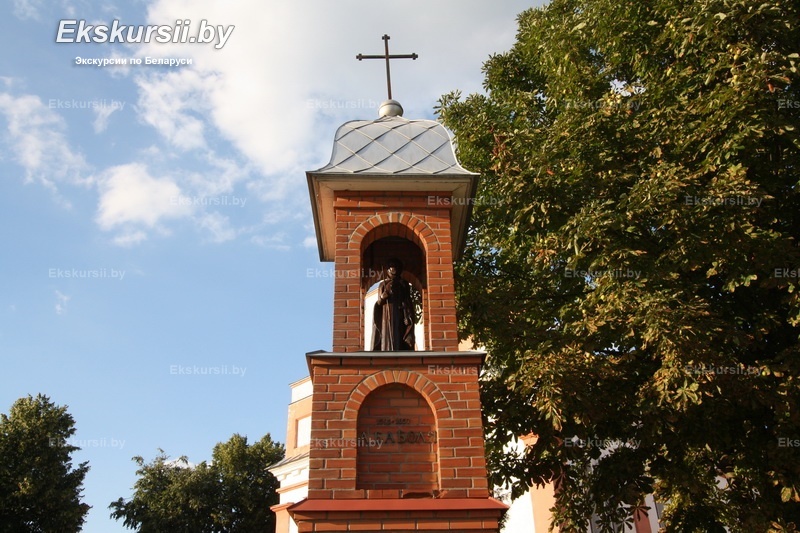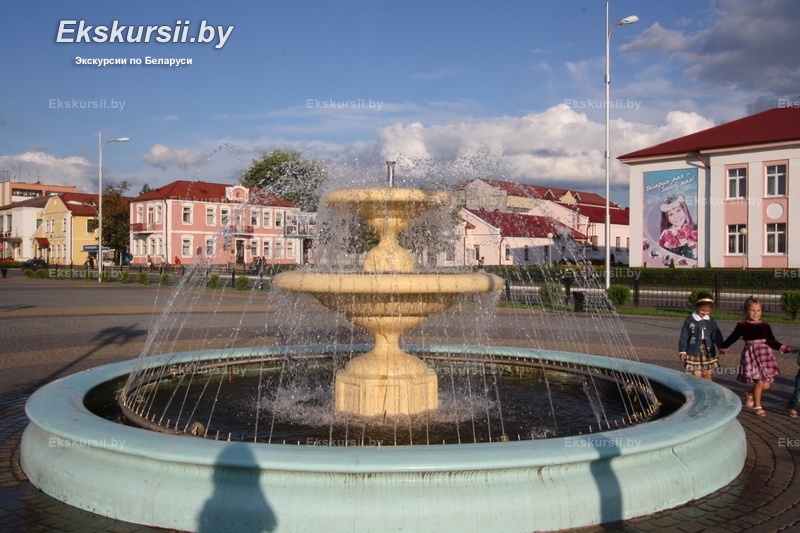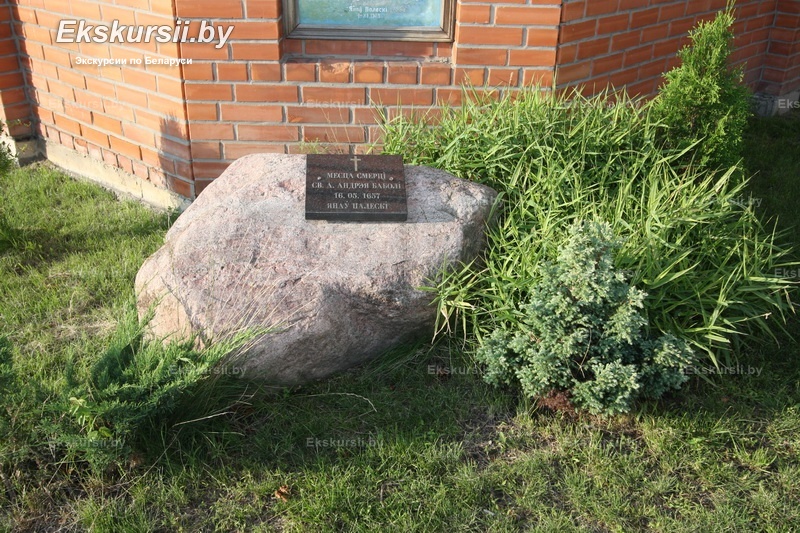History of the development
Ivanovo has been known since the XIV century as a village Porhovo. In 1423, the Grand Duke of Lithuania Vitovt transferred the village into the possession of the Diocese of Lutsk. Lutsk Bishop Jan Losovich, wanting to perpetuate his name, renamed the village the town of Yanov. With the change of status, Yanov acquired a number of privileges: for example, residents of the city were exempted from taxes, the ban on fishing was lifted and the right to brew beer, which was famous far beyond the borders of Yanov, was given. In 1497, the city received the right to hold three annual fairs. Throughout its history, Yanov belonged to the Lithuanian princes, the Polish kings, and the families of the Shuisky, Ozheshko and Dmukovsky ones.
During the war of the Commonwealth with Russia 1654-1667. Cossack detachments during the attack on Yanov in 1657 seized and executed Catholic missionary Andrei Bobol, later canonized by Catholic saints. As a result of the third section of the Polish-Lithuanian Commonwealth in 1795, Yanov became part of the Russian Empire. In July 1812, during the war with Napoleon, Yanov was captured by French troops. On July 10, 1812, Major-General A.P. Melissino’s detachment defeated the French troops of General Rainier from Janov. During the 19th century, Yanov practically did not grow and did not develop until the moment when in 1884 the railway line passed through the city. By 1897, about 3,000 people lived in the city, there was a cloth factory, a butter mill, a tannery and a brick factory, five mills, a public school and a parochial school, and a wooden church and a stone church operated.
During the First World War, in the period from 1915 to 1918. in Yanov was occupied by German troops, also in the city operated a camp for Russian prisoners of war. After the signing of the Riga Peace Treaty of 1921, Yanov became part of Poland, where he remained until 1939. In the autumn of 1939, the city, as part of Western Belarus, became part of the BSSR, and in 1940 was renamed Ivanovo. During the Great Patriotic War, a Jewish ghetto operated in Ivanovo.
In the postwar years, the restoration of Ivanovo was rather slow. In 1971, the settlement was given the status of a city, which affected the development of the town. New industrial enterprises, cultural and educational institutions, housing were built.
Tourism potential
You can visit Ivanovo while on holiday in the health resort Alesya. In the city itself of interest is the Holy Protection Church is a monument of the retrospective-Russian style, built in 1901 of brick.
